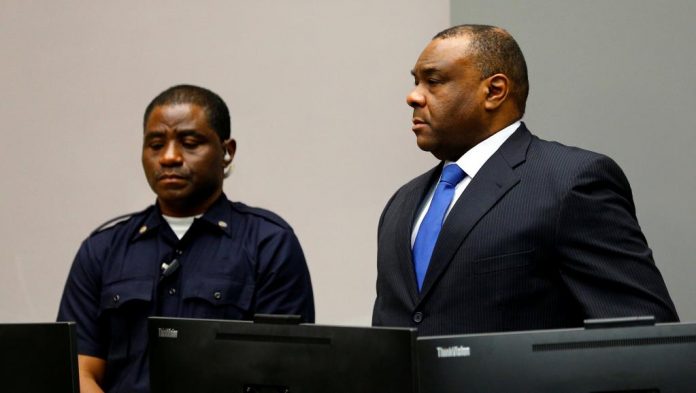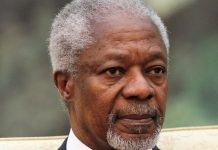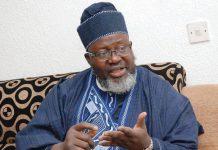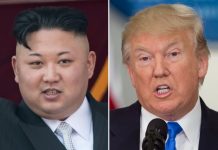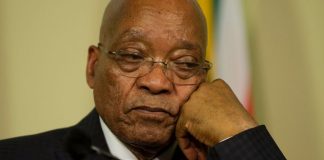More and more evidence is being advanced to show that the International Criminal Court, ICC, is not even-handed in dealing with cases brought before it. Africa seems to be at the receiving end in ICC dealings. The latest case is coming from the Democratic Republic of Congo.
Lawyers for former Congolese Vice-president, Jean-Pierre Bemba, have slammed his conviction for war crimes, accusing ICC judges of prejudice and calling for the judgment to be scrapped. The 55-yearold Bemba is appealing an 18-year jail term handed down by the ICC in June 2016. The judges had found him guilty on five charges of war crimes and crimes against humanity for his role in atrocities committed by his troops in the Central African Republic (CAR).
The ICC said Bemba, once the powerful leader of the Congolese Liberation Movement (MLC) and a wealthy businessman, had failed to stop a series of rapes and murders by his soldiers in the CAR in 2002 and 2003.
But Bemba’s lawyer, Peter Haynes, told a hearing at the Hague-based ICC that trial judges chose to ignore much of the evidence presented by the defence. “A hatchet was simply taken to the defence case,” Haynes told the judges hearing the appeal. The trial chamber’s approach to evidence was unbalanced. For no articulated reason, the trial chamber ignored important evidence on central issues,” Haynes said.
This included the testimony of a retired senior French military officer, Brigadier-General Jacques Seara, who told judges that Bemba was not in command of his troops when they carried out the crimes. General Seara’s evidence was totally dismissed by the judges “notwithstanding his wealth of experience which entitled him to give evidence,” Haynes said. “Simply put, the trial chamber deviated so substantially from the essential conditions of a fair trial that prejudice must be presumed,” he said. “No trial judgment can be allowed to stand in such circumstances.”
Bemba’s case which opened in November 2010 was the first before the ICC to focus on sexual violence as a weapon of war, and the first to underline a military commander’s responsibility for the conduct of troops under his control.
In an appeal filed before the court, Bemba’s lawyers, however, said the judges’ “findings on effective control fall far outside established military doctrine and practice”. Bemba’s trial “invented a theory of command responsibility which is a military impossibility”, his defence team said.
In a separate trial, Bemba was also sentenced in March last year to one year in jail and fined 300,000 euros for bribing witnesses during his main war crimes trial. It is not clear whether Bemba will address the hearing, due to last till next week.






